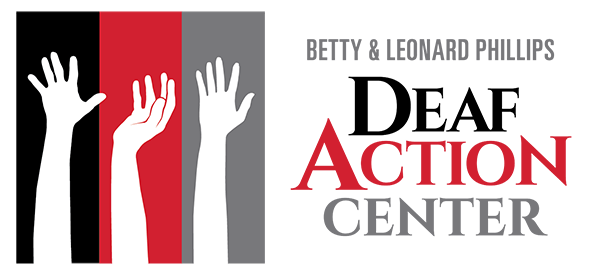Trauma: Catalyst in the Change Process

What happens when a healthy development is interrupted in a significant manner? Trauma is more likely to manifest. As a result, unhealthy coping skills in response to difficult circumstances are developed for survival. Expectations for communication may also invite social dysfunction. This may interfere in the working environment when we are exposed to traumatic materials. With distress or impairment, there is a need to reframe these stressors. In order to improve alignment within the communication process, there is a need to develop a frame of reference regarding symptomatic features of trauma. By developing awareness, there is hope to mitigate the consequence of language while aligning with future transmissions of the message. In exploring compassion fatigue, we hope to manage potential negative implications. In this presentation, the goal is to design our presence so that we may support our personal impact during the exchange of information.
Objective 1: Will be able to discuss the basic framework of the DSM-5 classification then the developmental process regarding Trauma.
Objective 2: Will present a convincing argument to their peers for the importance of recognizing how deficit thinking may be masked as maladaptive patterns that hinders their effectiveness.
Objective 3: Will be able to identify at least one tool to improve a situationally aware support system to promote the philosophy of detachment.
Objective 4: When prompted, will be able to recognize at least two preliminary cursors
within the cascading effect of language deprivation that may manifest within trauma.
Presented in ASL by Kent Schafer
-
 Mental Health Bundle$175.00
Mental Health Bundle$175.00
